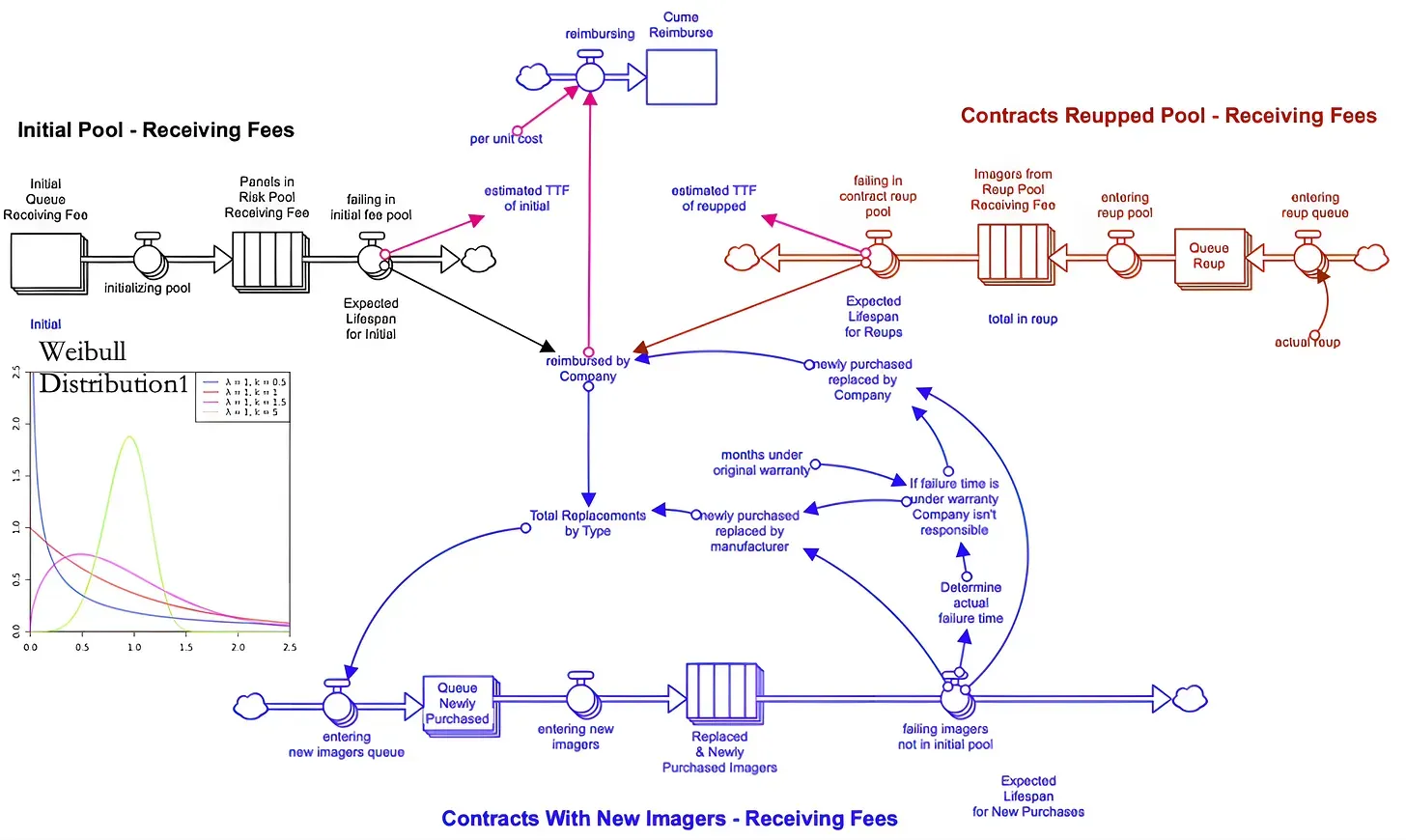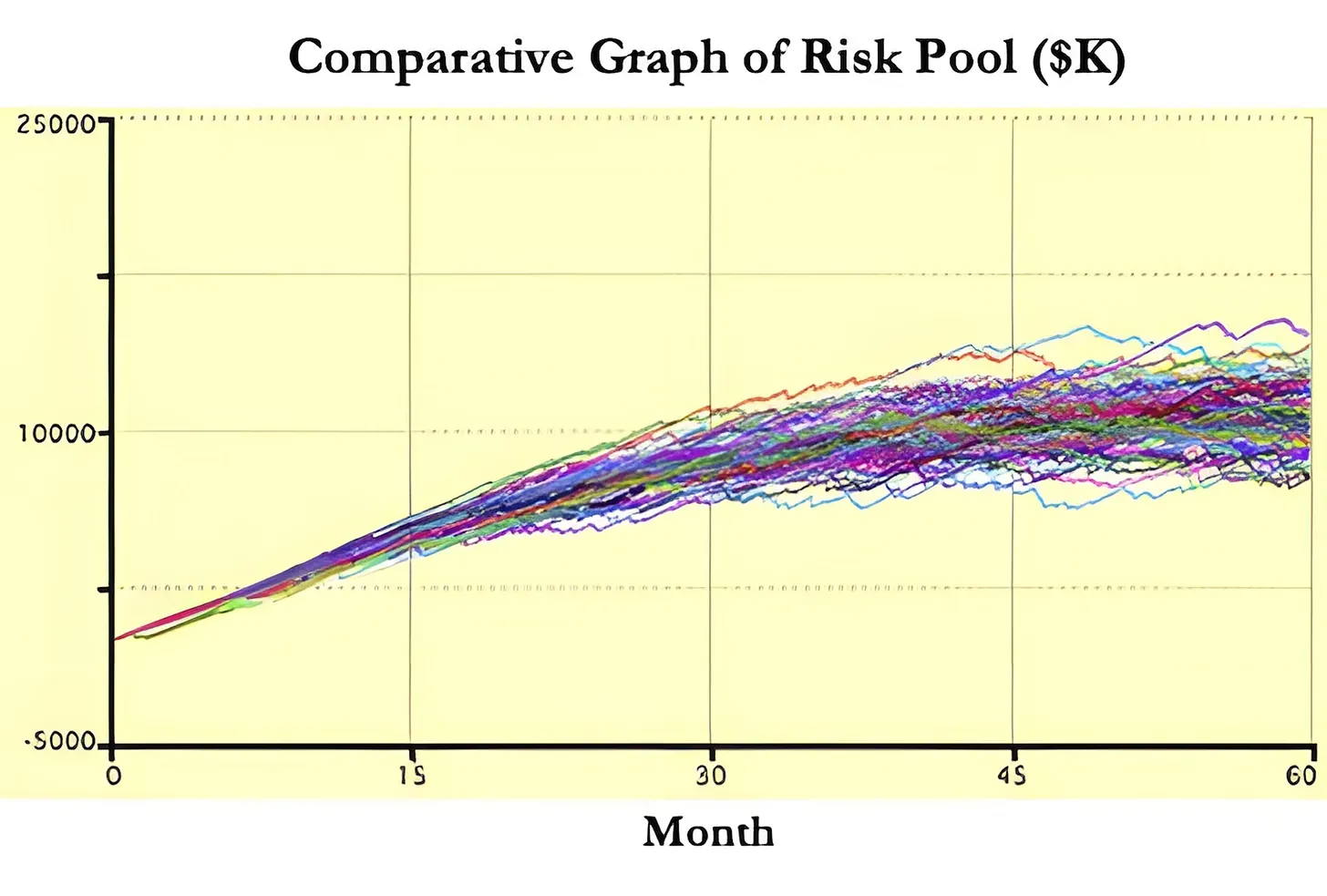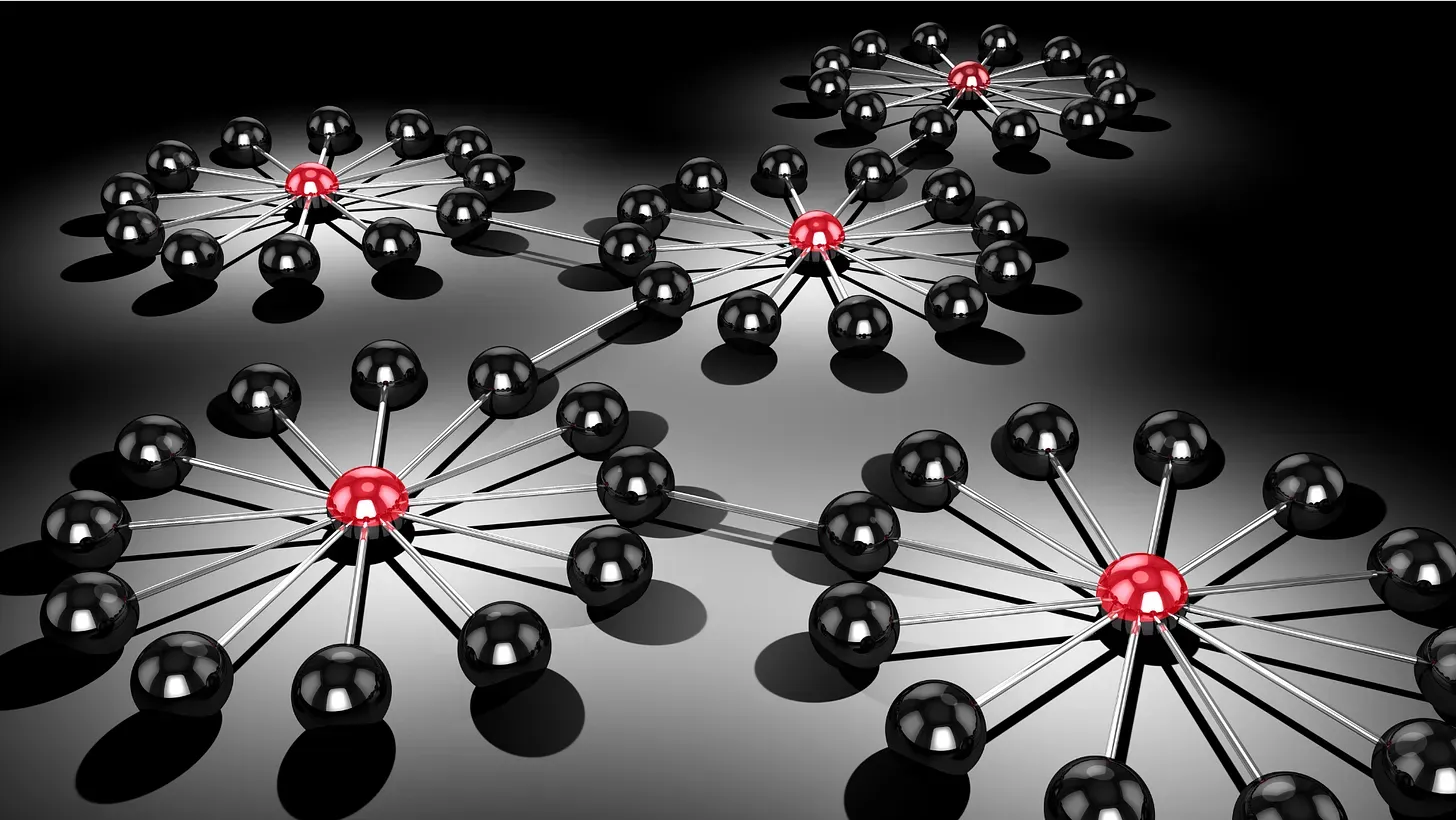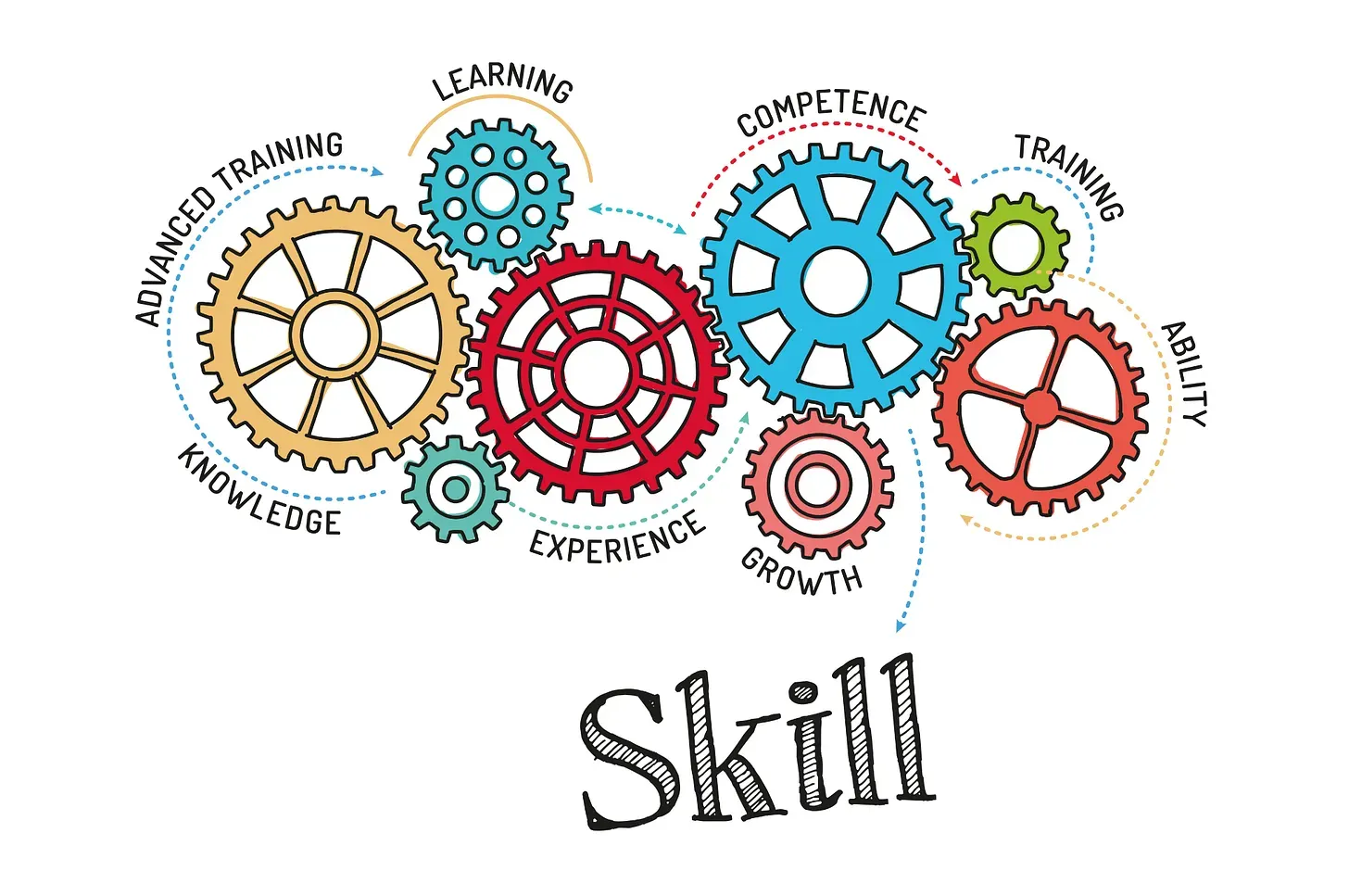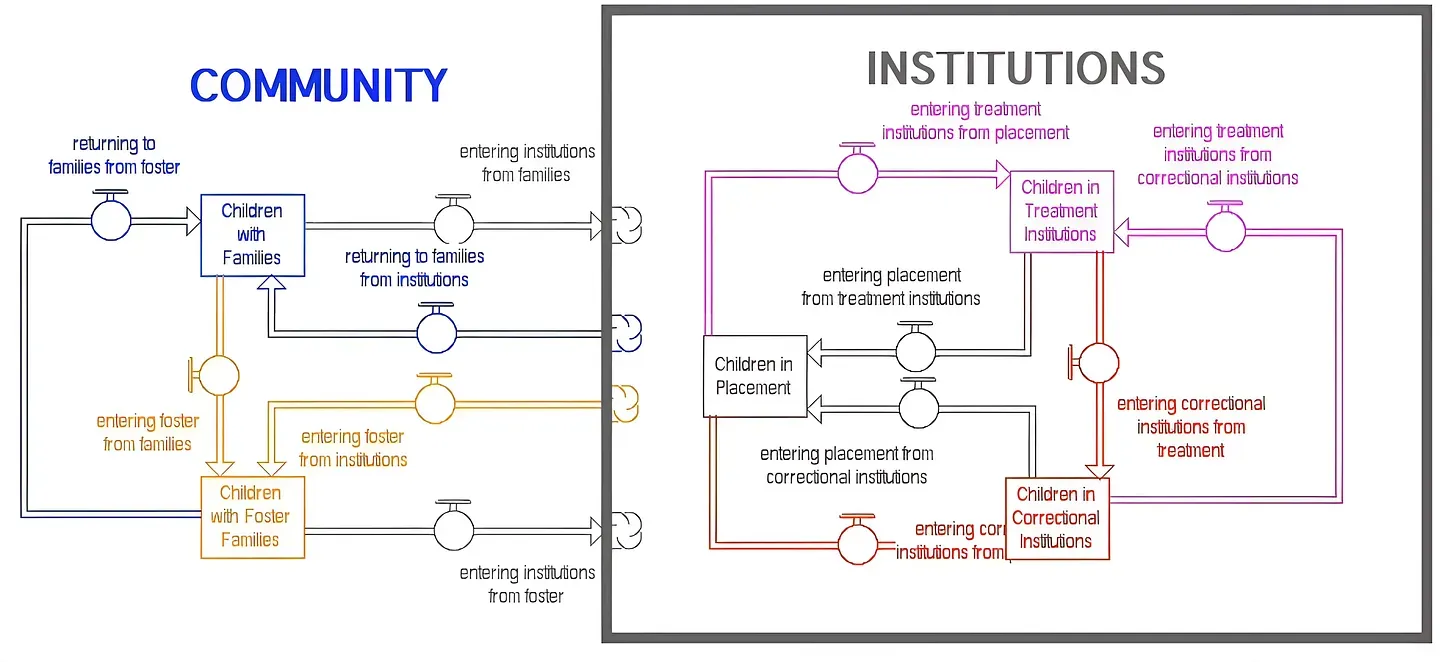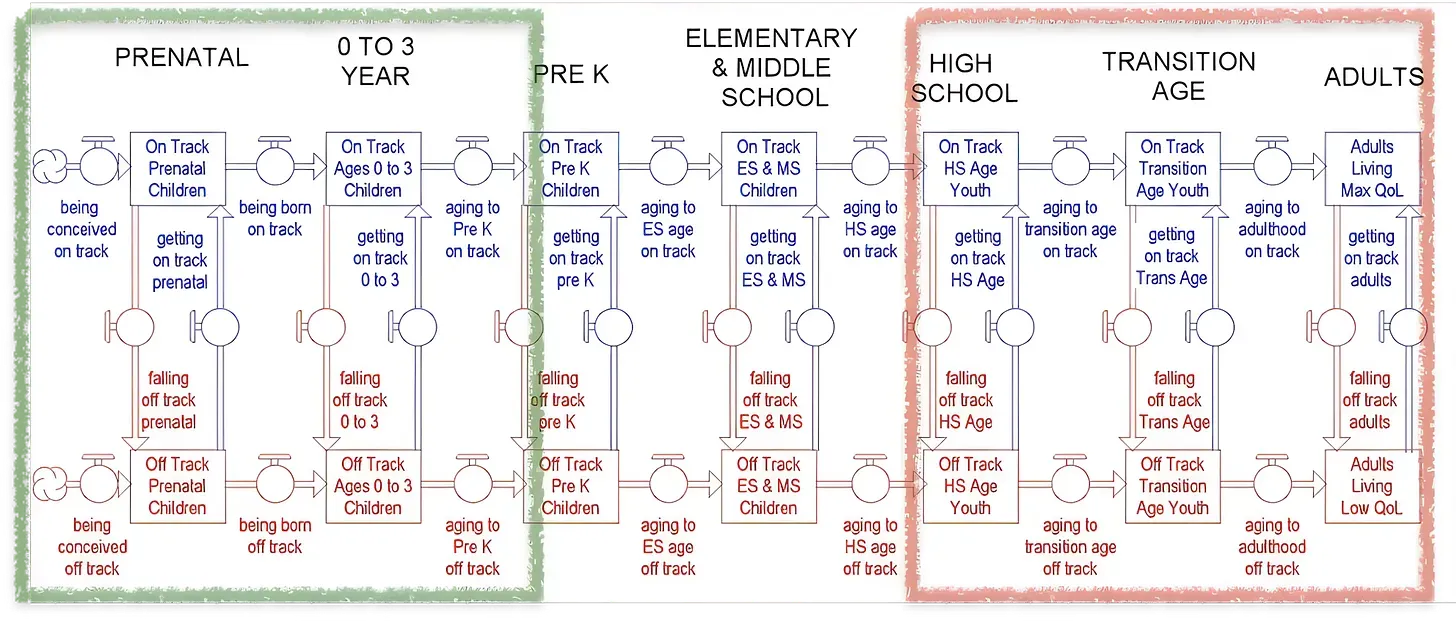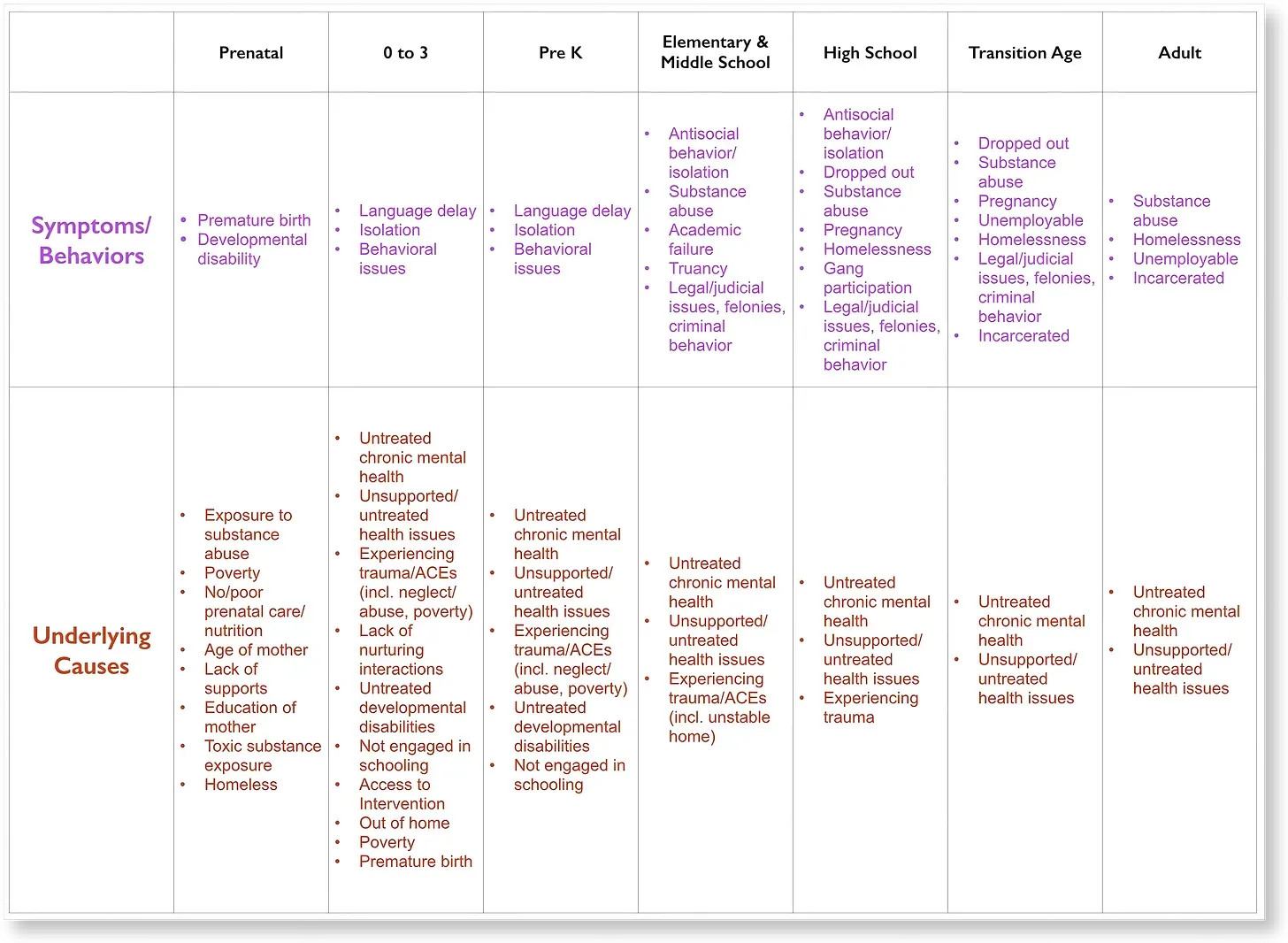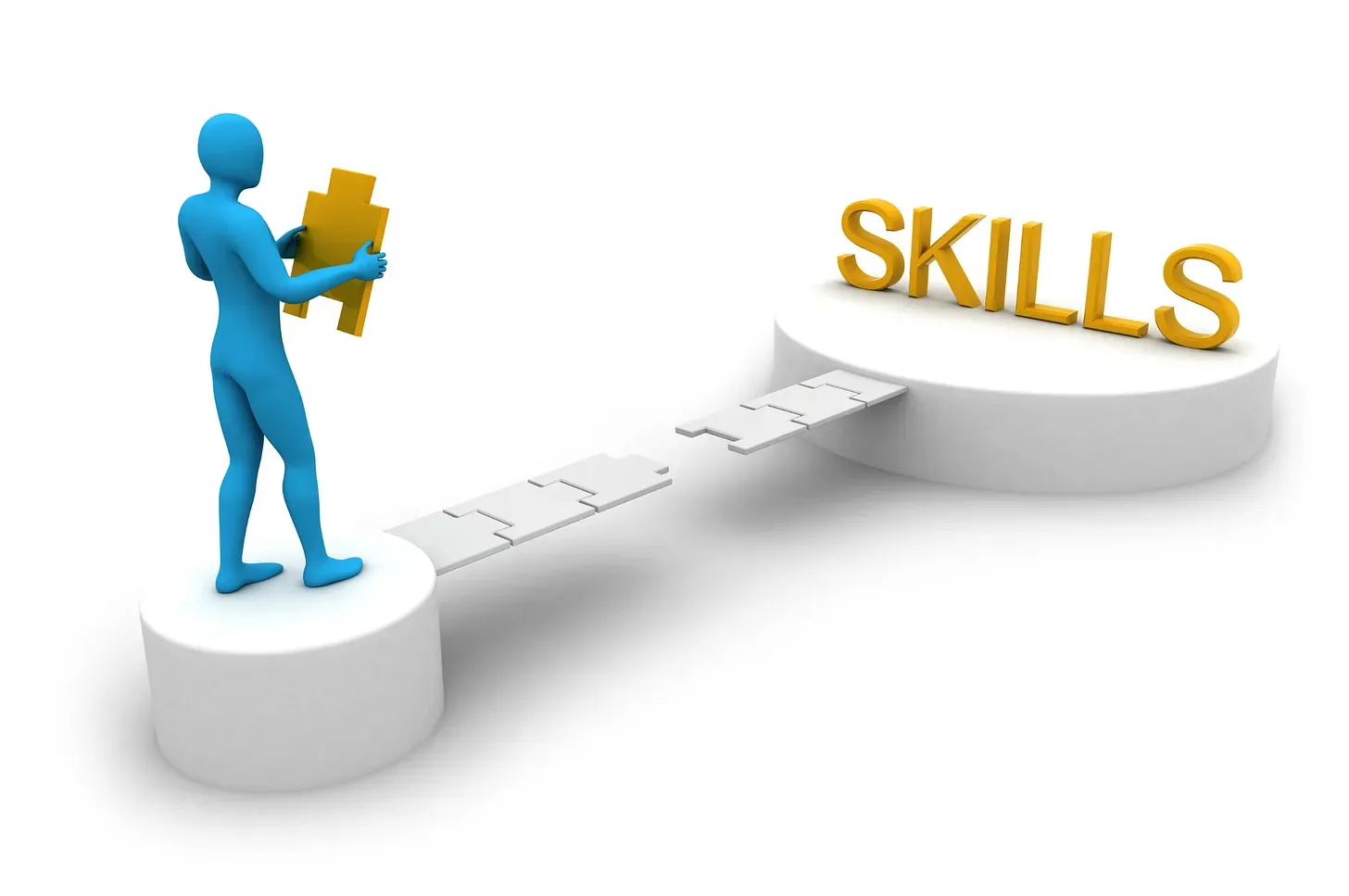💲Why Systemic Intelligence (SysQ) Matters for Every Organization

“Management’s business is building organizations that work.” —Joan Magretta
The subtitle quote is from Joan Magretta’s book What Management Is. Although the concept of “building organizations that work” may seem straightforward, systems guru Russell Ackoff states the real challenge.
“Managers are not confronted with problems that are independent of each other, but with dynamic situations that consist of complex systems of changing problems that interact with each other. I call such situations messes.... Managers do not solve problems, they manage messes.
—Russell Ackoff, Anheuser-Busch Professor Emeritus of Management Science, Wharton School
In today's interconnected world, organizations face increasingly complex challenges that resist simple solutions. Whether it's a corporation trying to maintain market leadership, a government agency addressing public health issues, or a non-profit working to reduce poverty, these challenges share a common thread: they cannot be solved with traditional analytical approaches alone.
Systemic Intelligence (SysQ) offers a powerful framework for understanding and addressing these complex organizational challenges. SysQ is the capacity to see beyond isolated events and recognize the deeper patterns and relationships that drive organizational behavior.

WELLS FARGO FINANCIAL FOOLISHNESS
2011 was a very bad year for Wells Fargo. The financial giant paid over $80 million in fines for upselling higher interest rate mortgages to customers who were able to receive lower rates. Such a severe penalty should change not only who is in leadership, but the broader organizational policies that led to such behavior. At least you’d think it should.
But less than ten years later, this was the headline:
$3 Billion Payment Result of Deferred Prosecution Agreement in Criminal Matter, Settlement of Civil Claims under FIRREA and Resolution of SEC Proceedings
Why? Because employees had been opening accounts (deposit accounts) for current customers–without customer approval. For several months, many employees were repeating the following formula…
-
Open an account (without customer knowledge)
-
Move in a little bit of money (also without customer consent)
-
Close the account
-
Put the money back (hoping customer didn’t see the whole process)
After opening enough accounts, employees received a bonus–an incentive to continue following the formula. Compensation and incentive programs often generate problematic employee behavior.
“Unfortunately, as variable compensation plans afford high-performers an opportunity to maximize their income, they can also come with many unintended consequences. From lawyers who paid their client billables, to the product sales reps who work in cahoots with buyers to shift the timing of purchases to help each hit their bonuses, these compensation models can be a driving force for behavior if not designed with extreme care.”—Forbes (2016)
In both cases at Wells Fargo, the rewards and incentives the company used to motivate employees to increase profitability eventually led to criminal behavior–massive fines–and lower profit.

THE LIMITATIONS OF TRADITIONAL PROBLEM-SOLVING AND STRATEGY-BUILDING
Many organizations approach problems with what we might call a "mechanical mindset" — they see issues as isolated events that can be fixed with straightforward solutions. This approach works well for routine problems, where cause-and-effect relationships are clear and solutions are well-established. However, today's most pressing organizational challenges are adaptive in nature — they're complex, interconnected, and resist simple solutions.
Consider the case of Wells Fargo's account scandal. The surface-level solution might appear to be implementing stricter controls and changing incentive structures. However, this fails to address the deeper systemic issues within the organizational culture that allowed such practices to develop in the first place.
THE POWER OF SYSTEMIC INTELLIGENCE
SysQ enables organizations to better:
Frame up strategic objectives — Identify the most important trends and systemic relationship to improve
Model the business — Develop operational understanding…see the “physics” of the business…of how the business works
Solve problems and build strategy — Find high leverage solutions and strategies to fundamentally transform organizational performance
Implement and learn — Enroll across silos to better implement the strategy using key leading indicators to monitor and learn
Organizations with high SysQ are better equipped to navigate complexity and create sustainable solutions. They understand that quick fixes often lead to longer-term problems, and that lasting change requires understanding the whole system.
BUILDING SYSTEMIC INTELLIGENCE IN ORGANIZATIONS
Developing SysQ requires organizations to:
Challenge existing mental models and assumptions Look beyond immediate cause-and-effect relationships Consider multiple perspectives and stakeholder views Take time to understand problems before rushing to solutions
While tools like AI and data analytics can support this process, they cannot replace the fundamental need for systemic thinking.

THE RETURN ON INVESTMENT
Organizations that develop strong systemic intelligence capabilities will see:
- More effective strategy development and execution
- Better risk management and decision-making
- Increased innovation and adaptability
- Improved stakeholder relationships and outcomes
In a world where change is constant and challenges are becoming increasingly complex, systemic intelligence isn’t merely an advantage — it’s a necessity for organizational survival and success.
ORGANIZATIONAL APPLICATIONS
Many of us spend most of our lives working, often for organizations. As mentioned earlier, organizational challenges are numerous. These range from individual decisions within a division or department to strategic decisions made in c-suites with board input. These decisions are frequently made without adequate understanding of their potential impact on performance. SysQ is a capacity that enhances insight and impact.
The ORGANIZATIONAL APPLICATIONS are of the Finding High Leverage substack is dedicated to content specifically tailored to organizational challenges. We will explore a wide range of issues, including how to develop high-leverage strategies and reduce employee burnout. Use the Organizational tag to find articles and tools that describe how SysQ can enhance your effectiveness in any organization, regardless of its size or nature, such as a multinational Fortune 100 company or a nimble local philanthropic organization.


